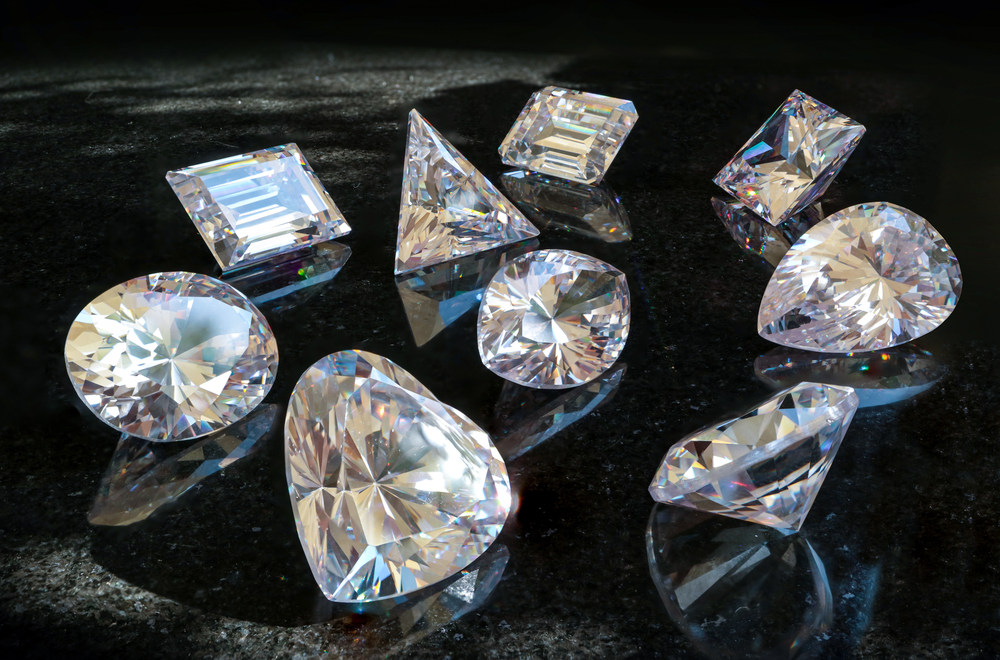In the heart of every gleaming gold necklace, sparkling engagement ring, and elegant pair of earrings lies a story of craftsmanship and beauty. Yet, beneath this surface of opulence, there exists a tale of environmental degradation and social injustice often associated with traditional gold mining practices. Enter recycled gold – a beacon of hope illuminating the path towards a more sustainable and ethical future for the jewelry industry.
Introduction to Recycled Gold
What is recycled gold?
Recycled gold, also known as eco-friendly or sustainable gold, refers to gold that has been reclaimed and reprocessed from existing jewelry, industrial components, or electronic waste. This process involves melting down the metal and purifying it to remove impurities, resulting in a material that is indistinguishable from newly mined gold.
Importance of recycled gold in the jewelry industry
In an era marked by heightened environmental consciousness and ethical consumerism, the demand for sustainable products has never been greater. Recycled gold offers a compelling solution to the ethical dilemmas posed by traditional gold mining, providing jewelry enthusiasts with a guilt-free alternative without compromising on quality or aesthetics.
Environmental Impact of Traditional Gold Mining
Negative effects on ecosystems
The environmental toll of traditional gold mining is staggering, with deforestation, soil erosion, and water contamination among its most dire consequences. The use of toxic chemicals such as mercury and cyanide further exacerbates the ecological damage, posing a grave threat to biodiversity and local communities.
Social implications of mining practices
Beyond its ecological footprint, recycled gold in the jewellery industry often exacts a heavy toll on human lives and livelihoods. Indigenous communities are frequently displaced from their ancestral lands, while miners toil in hazardous conditions for meager wages. The prevalence of child labor and exploitation casts a shadow over the glittering facade of the gold industry, underscoring the urgent need for reform.
The Rise of Sustainable Practices
Growing awareness among consumers
In recent years, consumers have become increasingly conscious of the ethical and environmental implications of their purchasing decisions. This shift in mindset has fueled a growing demand for sustainable alternatives across various industries, including fashion and jewelry.
Push for ethical sourcing in the jewelry industry
Jewelry brands and retailers are under mounting pressure to adopt ethical sourcing practices and embrace transparency in their supply chains. As awareness spreads and consumer preferences evolve, companies that fail to prioritize sustainability risk falling out of step with the zeitgeist.
Process of Recycling Gold
Collection of old jewelry and electronic waste
The journey of recycled gold begins with the collection of discarded jewelry, electronic devices, and industrial components containing gold. These materials are then sorted and processed to extract the precious metal, diverting them from landfills and reducing the need for virgin resources.
Refining and purification methods
Once collected, the gold undergoes a series of refining and purification steps to remove impurities and achieve the desired level of purity. Advanced technologies such as electrolysis and solvent extraction are employed to ensure that the recycled gold meets industry standards for quality and composition.
Quality and Purity of Recycled Gold
Misconceptions about recycled gold quality
One common misconception surrounding recycled gold is that it is of inferior quality compared to newly mined gold. In reality, recycled gold undergoes rigorous testing and certification processes to verify its purity and authenticity, ensuring that it meets or exceeds the standards of freshly mined gold.
Certification standards
To reassure consumers and instill confidence in the integrity of recycled gold, lab diamonds, various certification bodies have emerged to establish industry standards and best practices. These certifications, such as the Responsible Jewelry Council (RJC) certification, provide assurance that the gold has been sourced and processed in an ethical and environmentally responsible manner.
Economic Benefits of Recycling Gold
Cost-effectiveness for jewelry manufacturers
In addition to its environmental and ethical advantages, recycled gold offers tangible economic benefits for jewelry manufacturers. By reducing reliance on newly mined gold, companies can mitigate the volatility of commodity prices and achieve cost savings without compromising on product quality.
Potential for job creation
The recycling industry holds the potential to generate employment opportunities in communities around the world, from metal refiners and artisans to entrepreneurs specializing in sustainable jewelry design. By fostering local talent and expertise, recycled gold contributes to the economic empowerment of individuals and communities alike.
Social Responsibility in the Jewelry Industry
Commitment to sustainable sourcing
As custodians of beauty and craftsmanship, jewelry brands have a moral obligation to uphold the highest standards of ethical conduct. By embracing sustainable sourcing practices and prioritizing transparency, companies can align their values with those of socially conscious consumers and build trust in their brand.
Transparency in supply chains
Transparency is paramount in ensuring accountability throughout the supply chain, from the sourcing of raw materials to the final sale of finished products. By providing clear and accessible information about their sourcing practices, jewelry companies can empower consumers to make informed choices and drive positive change within the industry.
Innovations in Recycled Gold Jewelry Design
Creative use of recycled materials
Far from being a limitation, the use of recycled gold inspires creativity and innovation in jewelry design. Designers are increasingly experimenting with unconventional materials and techniques, from upcycling vintage pieces to incorporating recycled gold into avant-garde creations that defy convention and redefine luxury.
Collaboration with ethical jewelers
Collaboration is key to advancing the cause of sustainability in the jewelry industry. By partnering with ethical jewelers and like-minded organizations, brands can pool their resources and expertise




